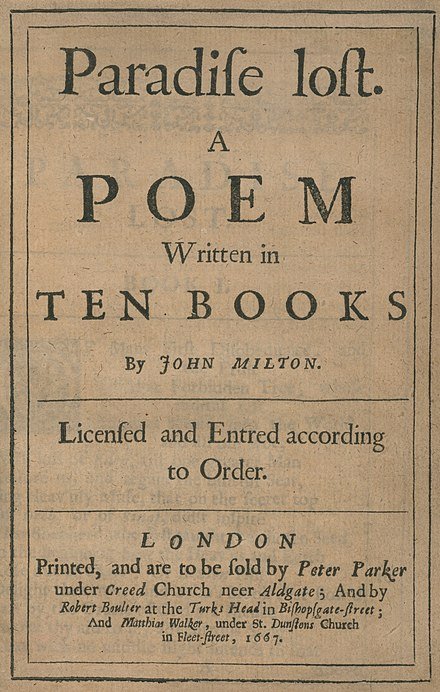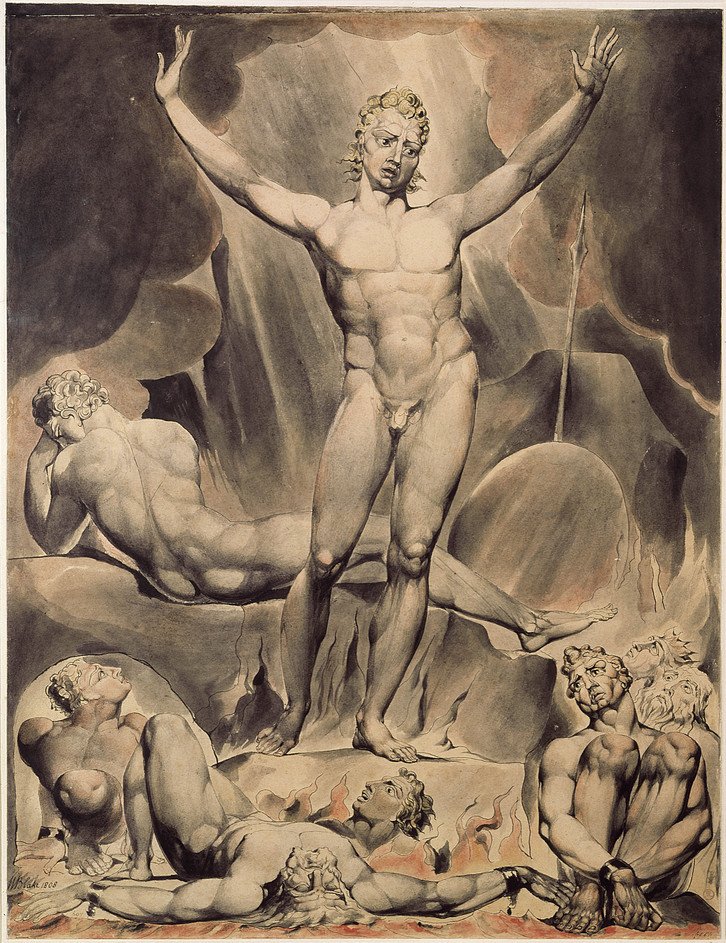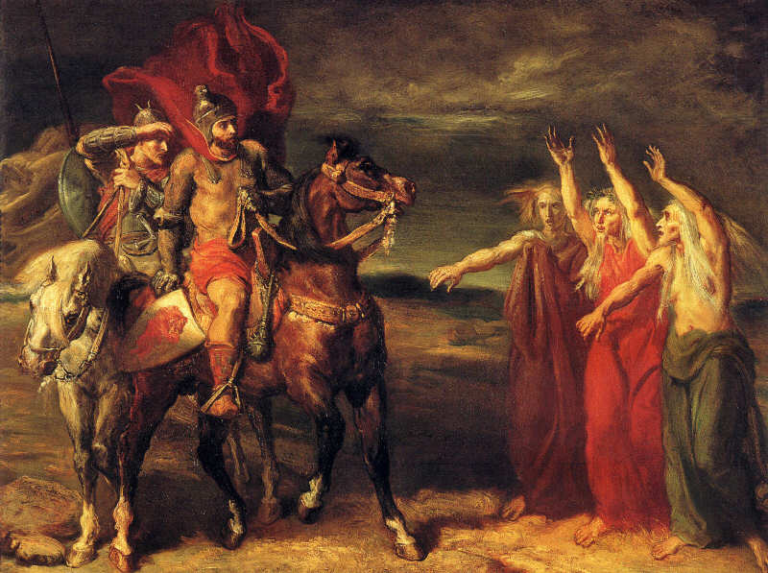John Milton’s Paradise Lost-a magnum opus
John Milton’s Paradise Lost
John Milton’s Paradise Lost, an epic poem in blank verse by John Milton, was first published in 1667 in 10 books. In its second edition, released in 1674, the poem was revised and expanded into 12 books by dividing Books 7 and 10 into two parts each.
It stands as a monumental achievement in epic poetry, exploring themes of rebellion, redemption, and the complexities of human nature amidst divine narratives.
Paradise Lost is an epic poem by John Milton that narrates the biblical story of the Fall of Man. It explores Satan’s rebellion against God, his expulsion from Heaven, and his subsequent temptation of Adam and Eve, leading to their expulsion from the Garden of Eden. The poem delves into themes of free will, obedience, and the nature of good and
He is celebrated as one of the foremost English poets of the seventeenth century and exemplifies profound literary prowess and unwavering moral conviction in his works.
John Milton’s Paradise Lost is an epic poem that recounts the biblical story of the Fall of Man. It begins with Satan and his fallen angels cast out of Heaven, plotting revenge against God. Satan ventures into Eden, where he tempts Adam and Eve to disobey God by eating the forbidden fruit. This act of defiance leads to their expulsion from Paradise, bringing sin and death into the world.
Themes John Milton’s Paradise Lost
The poem explores profound themes like free will, obedience, redemption, and the nature of good and evil. Despite their fall, Adam and Eve find hope in God’s promise of salvation through the coming of Christ. Milton’s masterful language and vivid imagery make Paradise Lost a timeless exploration of human frailty, divine justice, and the eternal struggle between rebellion and redemption.

“Better to Reign in Hell Than to Serve in Heaven”
In John Milton’s epic poem “Paradise Lost,” the character Satan famously declares, “Better to reign in Hell than serve in Heaven.” This provocative statement challenges the conventional wisdom that obedience and submission to authority are virtues to be upheld at all costs. Instead, it celebrates autonomy and independence as worthy pursuits, even if they lead to non-conformity or rebellion.

The sentiment expressed by Satan encapsulates a profound existential dilemma faced by individuals throughout history: the choice between personal freedom and the comfort of conformity. It resonates deeply because it speaks to the inherent human desire for self-determination and the refusal to surrender one’s agency to external forces, no matter how benevolent they may seem.
“To reign in Hell”
To “reign in Hell” suggests a willingness to embrace one’s own path, even if it diverges from societal norms or expectations. It acknowledges the risks and uncertainties that come with asserting independence but asserts that these risks are preferable to the soul-crushing obedience demanded by authority figures or societal structures.
At its core, this declaration is a rejection of complacency and a call to embrace the challenges and responsibilities that come with freedom. It recognizes that true fulfillment comes from the pursuit of one’s own goals and values, rather than from the hollow comfort of mere obedience.
“serving in Heaven”
Moreover, the idea of “serving in Heaven” raises important questions about the nature of servitude and the motivations behind obedience. While serving may imply humility and selflessness, it can also imply a loss of personal identity and purpose. The choice to serve can be virtuous in contexts where it aligns with one’s own values and aspirations, but blind obedience can lead to a loss of individuality and autonomy.
History is replete with examples of individuals who have chosen to “reign in Hell” rather than conform to societal expectations or oppressive regimes. From political dissidents to revolutionary thinkers, these individuals have challenged authority and sparked movements that have reshaped societies and cultures.
John Milton’s Paradise Lost The Significance in Today’s World
In contemporary society, the choice to “reign in Hell” can manifest in myriad ways. However, it’s important to acknowledge the complexities of this choice. Embracing autonomy and independence can be fraught with challenges and uncertainties. It requires courage, resilience, and a willingness to confront adversity.
Yet, despite these challenges, the pursuit of autonomy and independence remains a fundamental aspect of the human experience. It is a testament to the enduring power of individual agency and the capacity for self-transformation.
Ultimately, the choice between “reigning in Hell” and “serving in Heaven” is a deeply personal one. It reflects our values, aspirations, and beliefs about the nature of freedom and responsibility. While obedience and conformity have their place in maintaining social order and cohesion, they should not come at the expense of individuality and self-determination. Whether we choose to “reign in Hell” or “serve in Heaven,” let it be a choice made with clarity of purpose and a commitment to our deepest convictions.
conclusion
In conclusion, Milton’s provocative statement challenges us to question the status quo and consider the true meaning of freedom. It reminds us that autonomy and independence are not merely privileges to be granted by authority but essential aspects of human dignity and self-fulfillment.
Beyond his literary contributions, Milton’s fervent advocacy for freedom of speech and religious tolerance, articulated in seminal essays like Areopagitica, solidifies his legacy as a visionary thinker and a stalwart defender of intellectual liberty. His enduring influence transcends centuries, inspiring generations of writers, scholars, and advocates to embrace the transformative power of words and ideas in shaping the course of human history.





